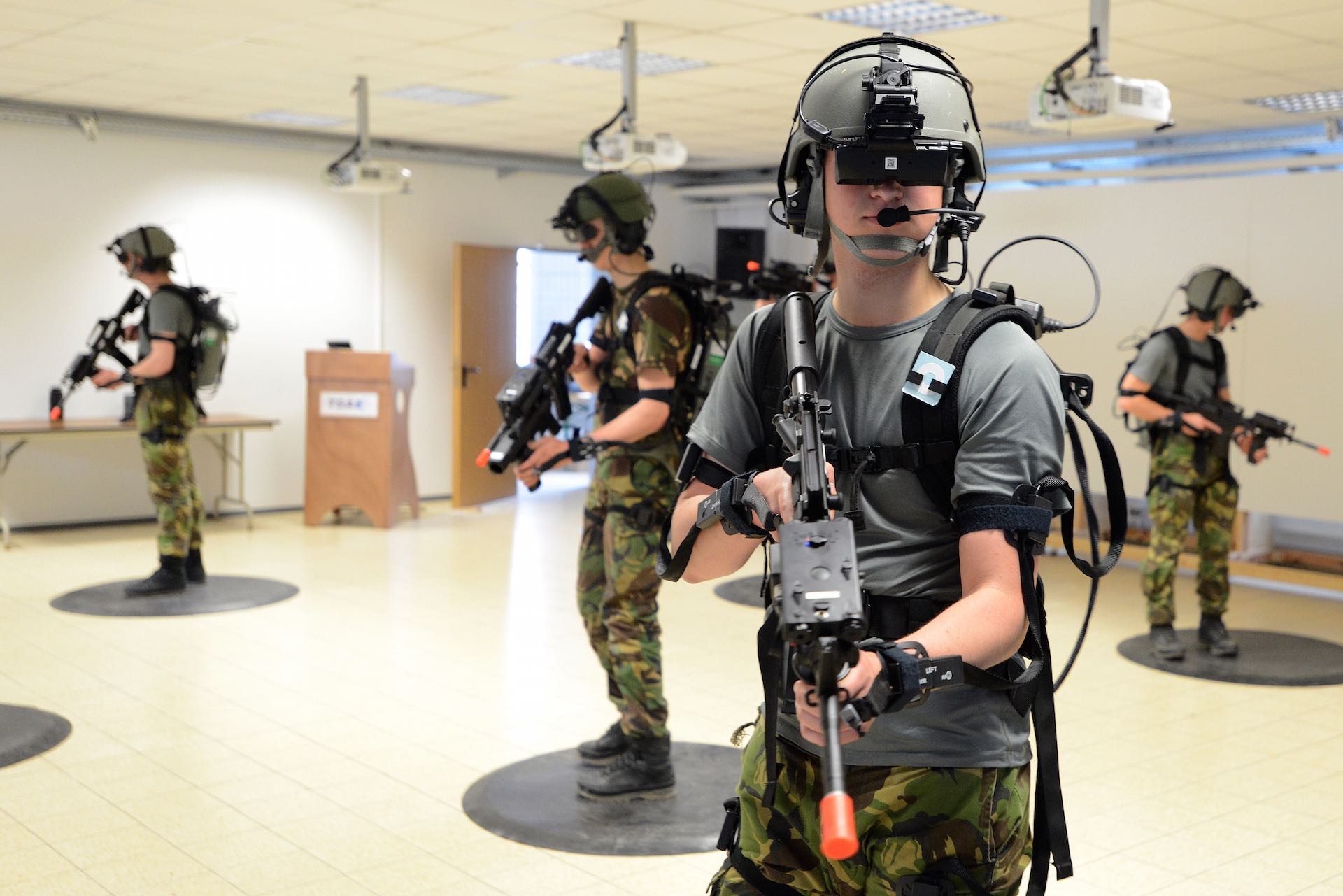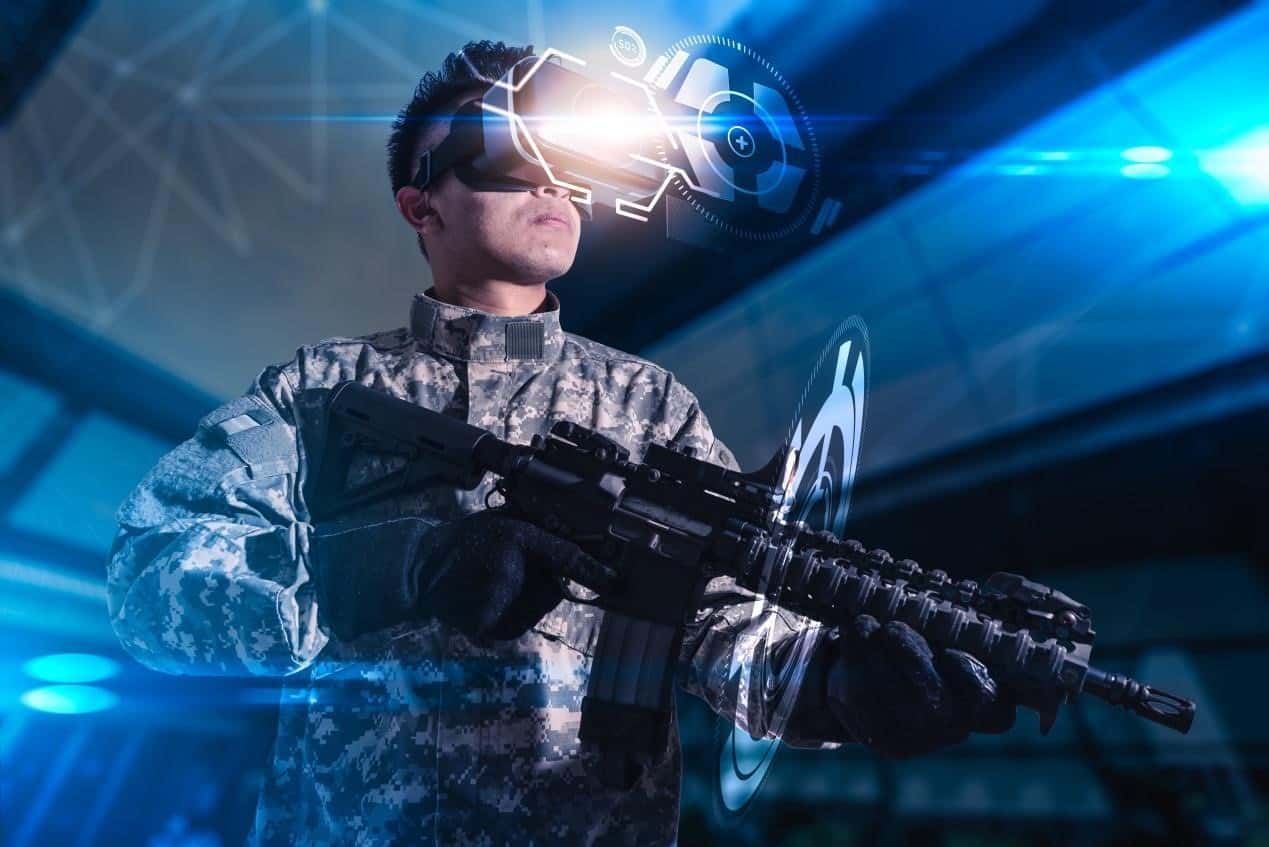In an age where security threats loom larger than ever, innovative training approaches are essential for preparing professionals to respond effectively. Role-playing games (RPGs) have emerged as an unexpectedly powerful tool in security training simulations, offering a dynamic environment where participants can actively engage with complex scenarios.
Imagine the adrenaline rush of navigating a hostage situation or diffusing a cyber attack, all while collaborating with team members and making split-second decisions. These immersive experiences challenge trainees to think critically and adapt in real time.
By blending creativity with strategy, RPGs break the monotony of traditional training drills, fostering both individual and collective skills. As they step into various roles, participants gain not only practical knowledge but also invaluable insights into teamwork, communication, and leadership.
Ultimately, role-playing games not only spice up training regimens but also cultivate a resilient mindset, empowering security professionals to meet challenges head-on.
Introduction to Role-Playing Games in Security Training

Role-playing games (RPGs) have emerged as a transformative tool in security training, blending the thrill of immersive narrative with the rigor of real-world scenarios. Imagine a team navigating the treacherous waters of a cyber attack while embodying the roles of both defenders and adversaries; this dynamic interaction fosters a deep understanding of tactics and strategies that static training methods often overlook.
As participants step into their roles, they face unpredictable challenges, enhancing their decision-making capabilities under pressure. The freedom to experiment and face consequences in a safe environment cultivates not just skills, but also camaraderie and communication among team members.
In this manner, RPGs move beyond traditional drills, providing a rich landscape for learning that is both engaging and profoundly effective in preparing security personnel for the complexities of their roles.
Enhancing Decision-Making Skills

Role-playing games (RPGs) serve as an effective catalyst for enhancing decision-making skills in security training simulations. Through immersive scenarios where participants must navigate unpredictable environments, they are pushed to assess risks, weigh options, and anticipate the consequences of their actions in real-time.
Imagine a team confronted with a simulated hostage situation; the urgency and gravity of the moment compel players to collaborate, drawing on their unique strengths, experiences, and insights. Such dynamic interactions not only sharpen individual critical thinking but also foster collaborative problem-solving, as participants learn to align their decisions with team objectives.
Consequently, these realistic simulations create a rich learning tapestry, weaving together lessons of adaptability, communication, and strategic foresight, all of which are vital in actual security contexts. It’s a fascinating blend of creativity and strategy, where every choice reverberates beyond the immediate moment, molding sharper, more discerning security professionals.
Fostering Team Collaboration and Communication

In the realm of security training simulations, the implementation of role-playing games (RPGs) serves as a powerful catalyst for fostering team collaboration and enhancing communication among participants. When individuals immerse themselves in fictional scenarios—be it navigating a crisis situation or strategizing against a simulated threat—they are compelled to adopt diverse perspectives and negotiate solutions as a cohesive unit.
This dynamic fosters a sense of camaraderie, breaking down traditional barriers and encouraging open dialogue. Moreover, the multifaceted nature of RPGs allows for organic discussions that touch upon varied skill sets, illuminating strengths and weaknesses within the team.
Through this engaging medium, participants not only practice technical skills but also refine their interpersonal communication, leading to a more synchronized and resilient team. Ultimately, the collaborative spirit cultivated through role-playing activities translates into real-world efficacy, where clear communication and teamwork are paramount to achieving security objectives.
Conclusion
In conclusion, role-playing games offer a dynamic and engaging approach to security training simulations, providing participants with immersive experiences that enhance decision-making skills, teamwork, and crisis management. By simulating real-world scenarios, these games foster an environment where trainees can practice and refine their skills in a safe and controlled setting.
As organizations increasingly recognize the importance of innovative training methods, integrating role-playing elements into security training programs can lead to more effective and well-prepared teams. For those interested in exploring advanced training methodologies, institutions like https://pwa.edu/ provide valuable resources and programs that can further enhance learning outcomes in this critical field.


